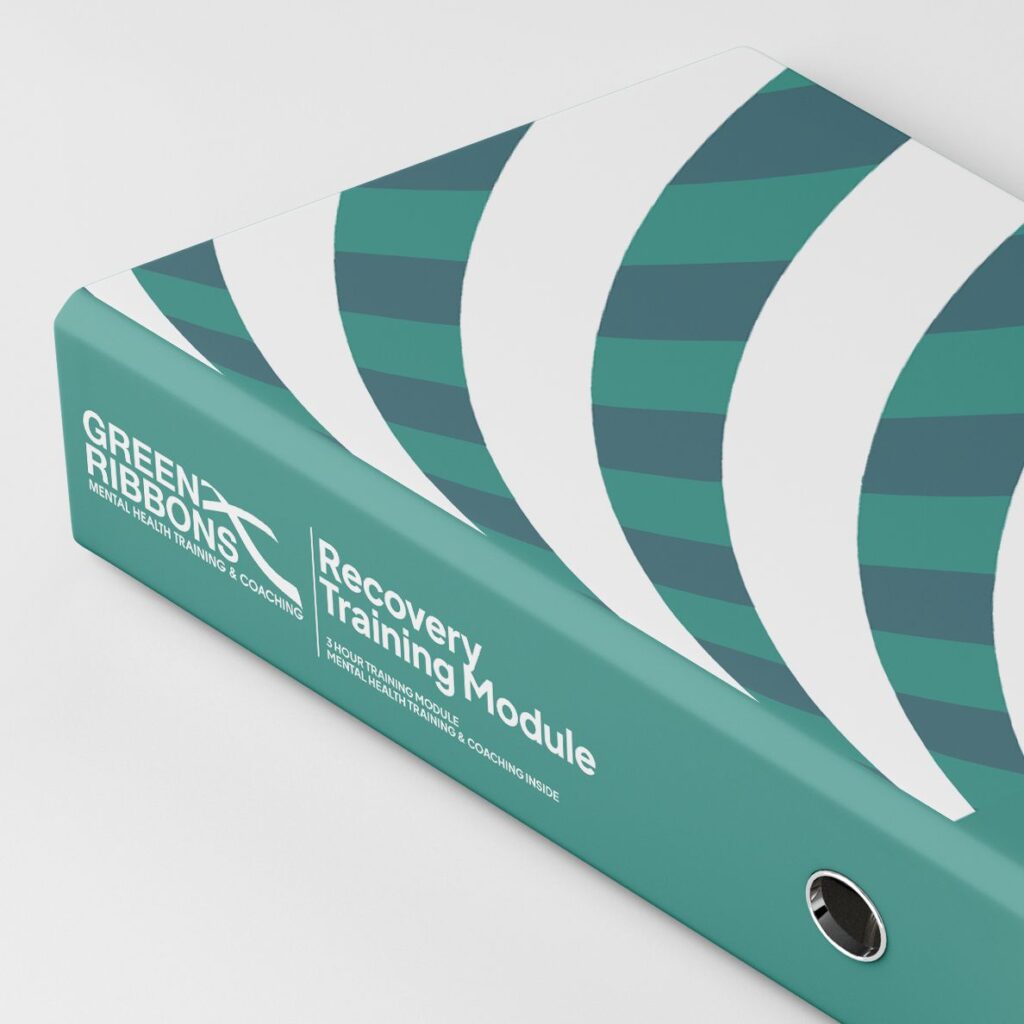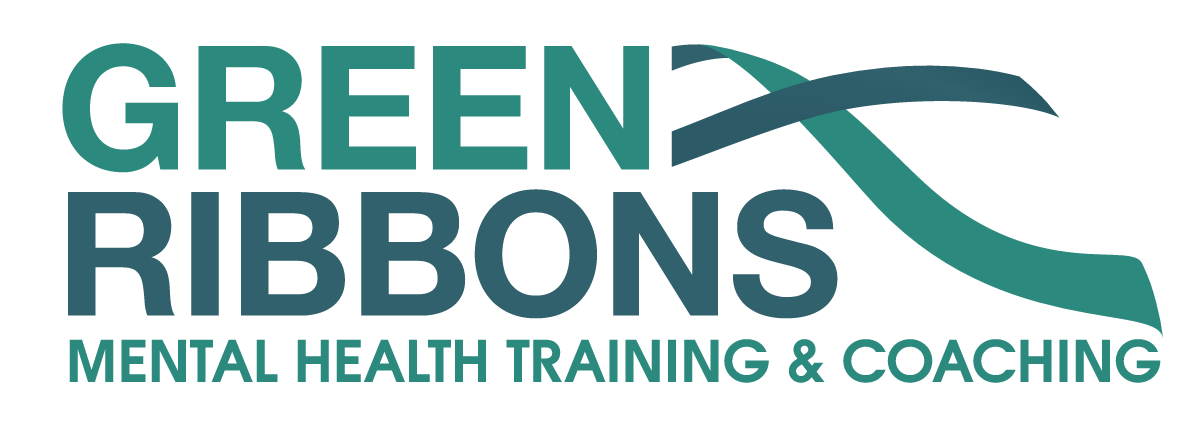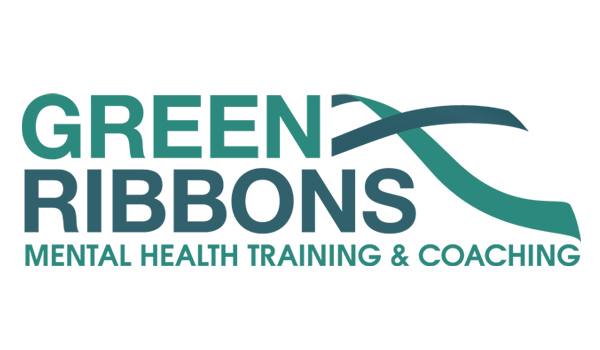Recovery : Training Module

We are delighted to introduce this module as a stand-alone course, designed to empower individuals and communities to better understand and support those on their journey to mental health recovery. Developed to build upon the successful Scotland’s Mental Health First Aid (SMHFA) program, this comprehensive three hour course focuses on providing you with the tools and resources to navigate this complex process and create a supportive environment for individuals on the road to recovery.
Throughout this course, you will explore the key principles of mental health recovery, including hope, empowerment, self-determination, and the importance of social connections. We will examine the various stages of recovery and the unique challenges faced at each point. You will also learn effective strategies to provide encouragement and assistance, including active listening, empathic communication, and self-care practices for both the individual in recovery and the caregiver.
What’s on this page?
- The Problem: Common attitudes towards Mental Health Recovery
- Attitudes to Mental Health Recovery: Why should you undertake this training?
- Three Hour Module: Recovery
- What does the “Recovery” Module Cover?
- How does the “Recovery” module work?
- Why train with Green Ribbons?
- Get in Touch to Find out More
- Contact Form
What is: Recovery?
Mental health recovery is a process through which individuals with mental health challenges work to improve their well-being, build resilience, and achieve their personal goals. Recovery does not necessarily mean the complete absence of symptoms or a return to a previous state of being; rather, it is an ongoing journey that focuses on personal growth, self-empowerment, and finding ways to lead a fulfilling and meaningful life despite any mental health challenges.
Recovery may involve various therapeutic interventions, such as psychotherapy, medication, and support groups, as well as lifestyle changes and self-care strategies. The process of recovery can be nonlinear, with ups and downs, and individuals may face setbacks or encounter new challenges along the way. Nevertheless, embracing the concept of recovery can help individuals with mental health challenges find hope, build resilience, and work towards a more fulfilling and meaningful life.
The Problem: Common attitudes towards Mental Health Recovery
Negative & damaging attitudes towards Mental Health Recovery are common: There's something you can do for yourself, your friends, your family and your colleagues...
Recovery: Why should you undertake this training?
By participating in this stand-alone Recovery module, you will gain valuable insight into the intricacies of mental health recovery and develop a deeper understanding of the support systems that can contribute to the well-being of individuals experiencing mental health challenges. This course will enable you to become a compassionate and effective mental health ally, fostering a more resilient and supportive community for all.
The Good news: There is a training module which will enhance your understanding, and foster empathy and support for those experiencing mental health challenges
Three Hour Module: Recovery
Embark on an empowering journey with the “Recovery” module, a comprehensive and insightful course crafted to equip you with the skills and understanding needed to become a compassionate mental health advocate. In today’s fast-paced world, mental health challenges are more prevalent than ever, making it crucial for individuals and communities to stand together in support of those on the path to recovery. By participating in this stand-alone module, you will gain the expertise needed to make a positive impact on the lives of those facing mental health challenges, and help create a more inclusive, supportive environment for all.
The “Recovery” module delves into the essential principles of mental health recovery, providing you with the tools to recognise early signs of mental health challenges, effectively communicate with empathy, and offer practical support strategies. As you learn about the importance of hope, empowerment, and self-determination in the recovery process, you will become an invaluable resource for those seeking assistance and encouragement. Embrace this opportunity to contribute to the well-being of your community and inspire a lasting change in the way we understand and approach mental health in Scotland.
What does the “Recovery” Module Cover?
How does the "Recovery" module work?
Duration
The module takes 3 Hours, providing a focussed and comprehensive learning experience.
Small Group Sizes
Classes, of 8-16, are kept small to facilitate personalised attention, encourage active participation, and foster a supportive learning environment.
Interactive Learning
The course features a mix of presentations, group discussions, case studies, videos, and role-playing exercises to ensure a practical, hands-on learning experience.
Confidentiality
Instructors maintain a safe and confidential space for participants to share their experiences and ask questions without judgment.
Ready to find out more? Contact Us Today
Why Train with Green Ribbons?
Unraveling the Threads of Mental Well-being
Green Ribbons is dedicated to delivering high-quality Mental Health First Aid training in Scotland, empowering individuals to recognise mental health challenges, provide support, and foster a culture of empathy and understanding. By tying together knowledge, empathy, and resilience our accessible mental health training promotes understanding, reduces stigma, and enables individuals, businesses and communities to prioritise mental well-being. Everyone benefits from Mental Health Awareness Training
Our Experience
- 30 Years working within the Mental Health sector
- Experience across a range of Third-Sector Organisations
Our Specialties
- Scotland’s Mental Health First Aid (SMHFA)
- Tailored SMHFA Training
- Individual Mental Health Awareness Modules
- One-to-one Training & Coaching
Our Approach
- Empathy & compassion
- Inclusive
- Evidence-based and up-to-date
Our Areas
- Moray
- Highland
- Aberdeenshire
- Aberdeen City
- …across Scotland
07726 780800
Call
Call us for an Informal chat about Scotland’s Mental Health First Aid and Mental Health Awareness Training
- We can discuss how SMHFA can benefit your organisation and explore options
@GreenRibbonsHQ
Socials
- Facebook: @GreenRibbonsHQ
- Twitter: @GreenRibbonsHQ
- Instagram: @GreenRibbonsHQ







